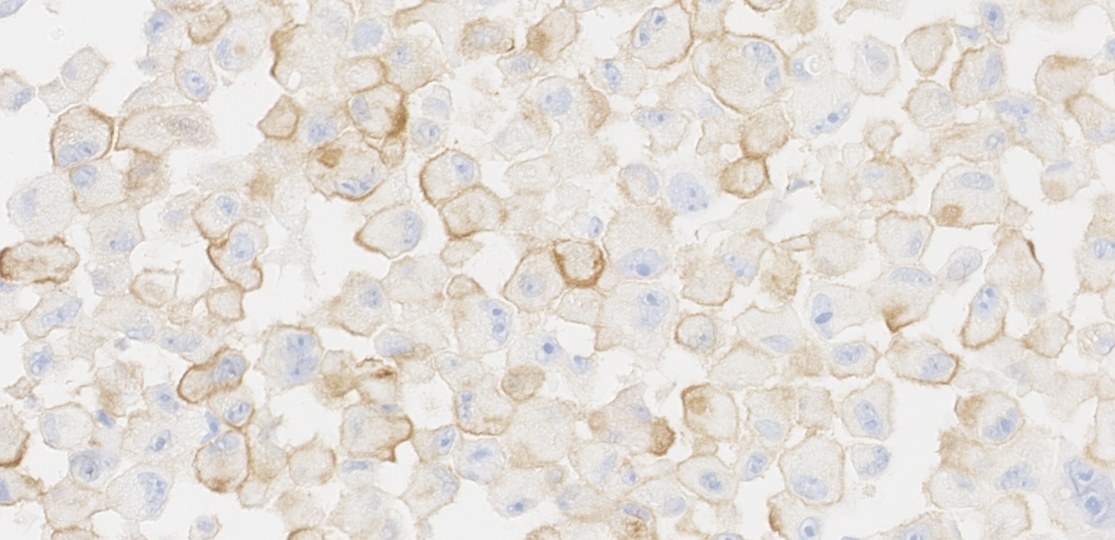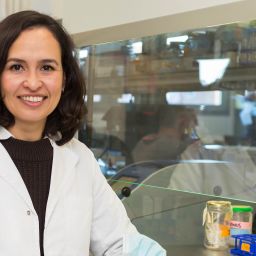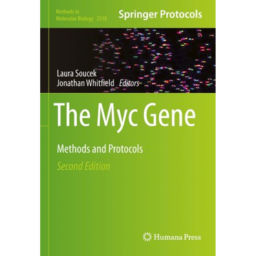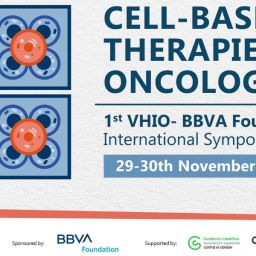
A study led by IRB Barcelona with the collaboration of different VHIO research groups describes a mechanism by which senescent cells generated by chemotherapy treatments survive inside tumors. The work that has been published in the journal Nature Cancer proposes a new therapeutic strategy that consists of eliminating these senescent cells and improving the effectiveness of chemotherapy.
Cancer treatments, including chemotherapy, in addition to killing a large number of tumour cells, also result in the generation of senescent tumour cells (also called “zombi cells”). While senescent cells do not reproduce, they do, unfortunately, generate a favourable environment for the expansion of tumour cells that may have escaped the effects of the chemotherapy and eventually result in tumour regrowth.
An international team of researchers led by Dr. Manuel Serrano at IRB Barcelona, with the collaboration of doctors Joaquín Arribas, Alena Gros and María Abad from VHIO, a have described how cancer cells that have become senescent after chemotherapy activate the PD-L2 protein to protect themselves from the immune system while recruiting immune suppressor cells. The latter creates an inhibitory environment that impairs the ability of lymphocytes to kill cancer cells. Based on these findings, scientists wondered what would be the effect of inactivating PD-L2. Interestingly, senescent cells lacking PD-L2 are rapidly eliminated by the immune system. This intercepts the capacity of senescent cells to create an immunosuppressive environment and, as a result, lymphocytes retain their full capacity to kill those cancer cells that may have escaped the effects of chemotherapy.
“By blocking PD-L2 in mouse models, we have seen that chemotherapy is more effective against cancer. This finding paves the way to consider the use of a potential PD-L2 inhibitor as an adjuvant in the treatment of this disease,” explains Dr. Manuel Serrano, currently at Altos Labs (Cambridge, United Kingdom).
Beyond data in mouse models, Alena Gros and Maria Abad’s groups at VHIO have shown that PD-L2 is activated by therapy in samples derived from melanoma, head and neck cancer, and endometrial cancer patients, reinforcing the importance of these discoveries in humans.
Senescence — a common phenomenon in cancer therapies
Cellular senescence is a process that occurs naturally during ageing and it is common in the context of cancer therapies. Most of these treatments (such as chemotherapy and radiotherapy) act by causing extensive cellular damage and, as a result, bring about senescent cells, particularly within the tumour. The team of scientists will now study whether senescent cells linked to the ageing of the organism also exhibit elevated levels of PD-L2.
“Although more experiments are needed to characterise the role of this molecule in different types of human cancers, this work has enhanced our understanding of the role of PD-L2 and the interaction of senescent cells with the immune system,” explains Dr. José Alberto López, a postdoctoral researcher from the same laboratory and first author of the work together with Dr. Selim Chaib. In 2024, Dr. López will be starting a new laboratory at the Salamanca Cancer Research Center, a joint endeavour between the University of Salamanca and CSIC. Dr. Chaib is now at the Mayo Clinic, in Minnesota (United States).
The team led by Drs. James Kirkland and Tamara Tchkonia at the Mayo Clinic contributed important data to this study. This work has also involved the company Rejuveron Senescence Therapeutics, which is developing antibodies against PD-L2 for clinical use and has central offices in Zurich and Barcelona.
Reference
The efficacy of chemotherapy is limited by intratumoural senescent cells expressing PD-L2.
Selim Chaib, José Alberto López-Domínguez, Marta Lalinde, Neus Prats, Ines Marin, Olga Boix, Andrea García-Garijo, Kathleen Meyer, María Isabel Muñoz, Mònica Aguilera, Lidia Mateo, Camille Stephan-Otto Attolini, Susana Llanos, Sandra Pérez-Ramos, Marta Escorihuela, Fatima Al-Shahrour, Timothy P. Cash, Tamara Tchkonia, James L. Kirkland, María Abad, Alena Gros, Joaquín Arribas & Manuel Serrano.
Nature Cancer (2024). DOI: 10.1038/s43018-023-00712-x


















